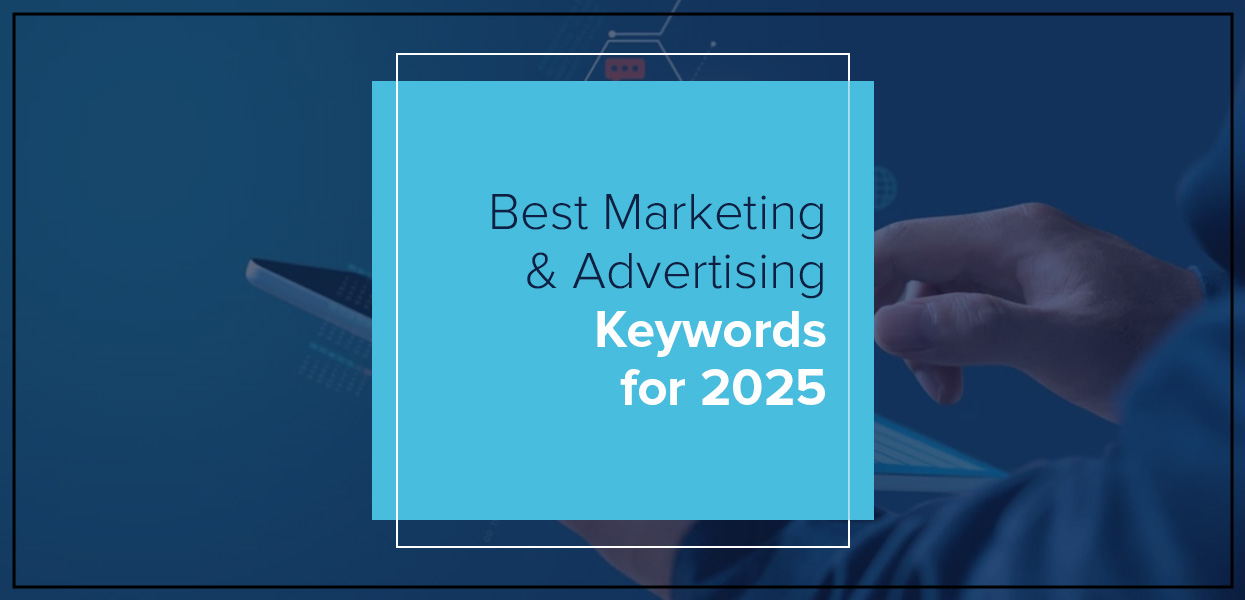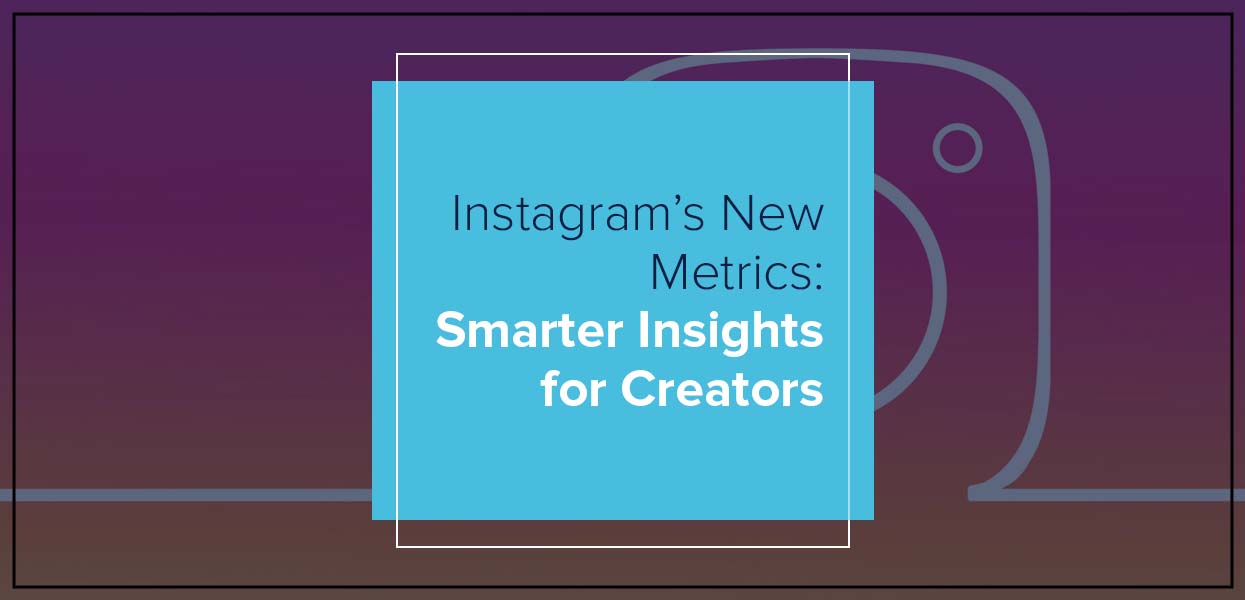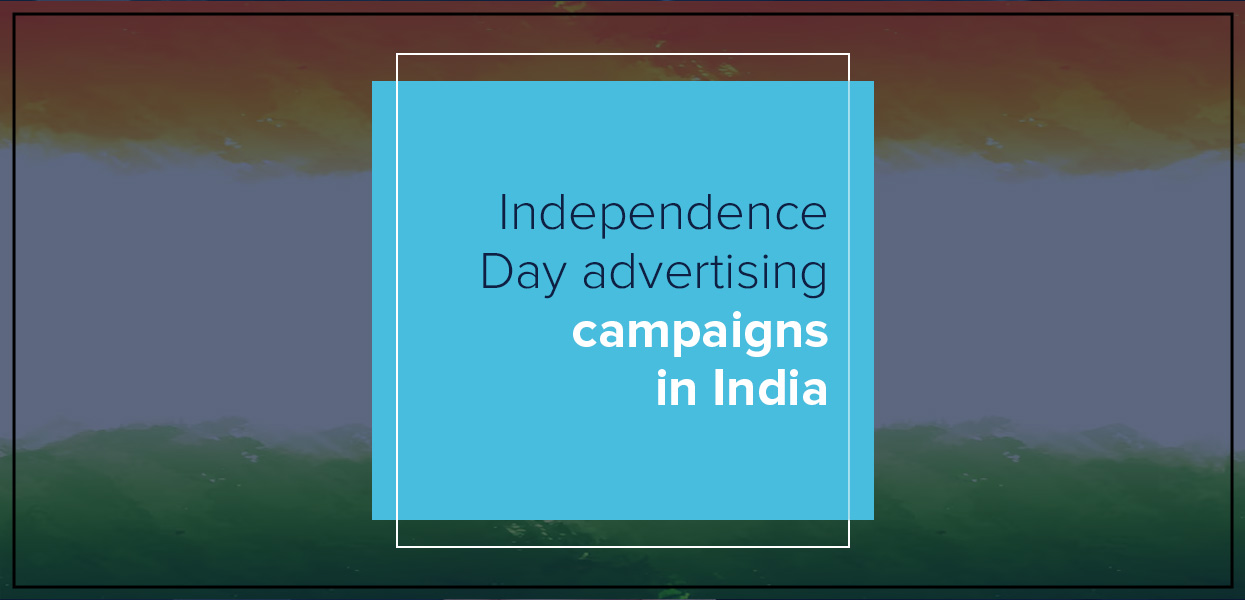How Apple Forces New iPhones Upgrades: Secret Marketing Hack

The Secret Marketing Plan Apple Uses to Force iPhone Upgrades
Checked out the all-new iPhone 16 yet?
All those new features are so cool!
Every year, the release of a new iPhone sparks excitement worldwide.
Further, when it comes to brand loyalty, Apple stands out as a tech giant that has built a dedicated customer base over the years. But beneath the surface, Apple has a subtle and effective way of encouraging users to ditch their older models and upgrade to the latest version: the iOS updates.
In this blog, we’ll explore the hidden marketing strategy that Apple uses to drive customers to upgrade their devices, often leaving users feeling like their older phones are slowing down with each iOS update.
We’ll also delve into how you can learn from such clever tactics and leverage them for your business with personalised marketing strategies.
The Annual iPhone Craze: More Than Just Hype
Apple's marketing has always been top-tier, creating immense buzz around their product launches. Whether it’s the sleek design, innovative features, or the promise of a faster and smoother experience, Apple ensures that their audience eagerly anticipates the newest iPhone every year.
But beyond the glamorous launches and slick ads, there’s another reason why people feel the need to upgrade: the subtle slowdowns that come with iOS updates. The excitement of the new iPhone is often coupled with the frustration users feel as their older models start to lag, be it early battery rundowns or more.
How iOS Updates Affect Older iPhones
Let’s get one thing straight: Apple doesn’t explicitly force anyone to upgrade.
However, they do nudge users in that direction in a rather clever way: iOS updates.
Apple regularly rolls out iOS upgrades, boasting improved performance, enhanced security features, and new functionalities. While these updates work seamlessly on the latest devices, they can cause issues with older models.
Users often experience:
- Slower Performance: One of the most common complaints from iPhone users is that their phones slow down after a major iOS update. Tasks that were once smooth—like opening apps, swiping between screens, or browsing the web—can suddenly feel sluggish.
- Decreased Battery Life: Many users have noticed a drop in battery performance after installing a new iOS update. This is often because the new software is optimised for the latest hardware, requiring more resources that drain the battery of older devices.
- App Incompatibility: As apps get updated to work better with newer versions of iOS, older devices sometimes struggle to keep up. Apps may take longer to open, crash frequently, or not function as intended.
- Limited New Features: While Apple touts exciting new features in their iOS updates, older models often don’t get access to all of them. For example, certain camera enhancements, augmented reality capabilities, or even system-level features are reserved for the latest models.
So, while you may not be forced to upgrade, these inconveniences can make the experience of using an older iPhone less enjoyable, nudging you toward the decision to buy a new one.
The iOS Slowdown: Is It Planned?
One of the most debated aspects of Apple’s business model is whether the slowdowns caused by iOS updates are intentional.
Some critics argue that Apple deliberately makes older phones slower to drive sales of new devices. This practice even has a name: “planned obsolescence.”
In 2017, Apple admitted to slowing down older iPhones—but claimed it was to protect the device’s battery and prevent unexpected shutdowns, not to force users to upgrade.
Still, the controversy surrounding this practice led to lawsuits and a public apology from the company.
Planned or not, the result is the same: users find themselves increasingly frustrated with their old iPhone and tempted by the prospect of a faster, more efficient new model.
The Upgrade Dilemma: When Your Phone Can’t Keep Up
For many iPhone users, the experience of owning an older device after a few iOS updates is a mixed bag.
On the one hand, Apple continues to provide security updates and bug fixes even for older models. On the other hand, these updates often make the phone feel like it's lagging.
It’s no surprise that many people reach a tipping point where they decide that an upgrade is worth the investment.
After all, who wants to deal with a slow phone that struggles to perform basic tasks when a shiny new iPhone is just a click away?
The Secret Marketing Hack: Creating Desire Without Forcing It
Apple’s strategy can be seen as a clever blend of consumer psychology and marketing. Rather than outright telling users to upgrade, they create a situation where many people feel the need to upgrade.
By rolling out new iPhones each year and ensuring that iOS updates keep their latest devices running smoothly, Apple lets the natural frustrations of using an older phone do the marketing for them.
This strategy taps into a concept known as perceived obsolescence—where customers believe that their current product is outdated, even if it still works. Apple’s marketing reinforces this by showcasing all the amazing things the new iPhone can do, subtly implying that older models are no longer up to par.
What Can Businesses Learn From Apple’s Tactics?
Apple’s approach to encouraging upgrades offers valuable insights into how businesses can use similar strategies to drive customer behaviour without being overly pushy.
Here are a few takeaways:
- Keep Innovating: Apple ensures that each new iPhone has enough improvements—whether it’s speed, camera quality, or features like Face ID—that customers are enticed to upgrade.
- Use Marketing to Highlight Improvements: Apple’s ads focus heavily on what’s new and improved. Businesses can follow suit by regularly communicating updates or upgrades to their product or service, making the current offering look more appealing than the older version.
- Tap Into Consumer Frustrations: Apple leverages the frustration that comes with using an outdated product to drive upgrades. Similarly, businesses can address pain points and offer solutions that make it seem like upgrading is the best choice.
- Perceived Obsolescence: By continually releasing new versions or updates, Apple creates a sense of urgency for customers to stay current. You can apply this concept by releasing new product lines, services, or features that make previous versions feel less cutting-edge.
Uniworld Studios: Your Guide to Strategic Marketing
Apple’s strategy of using iOS updates to nudge customers toward upgrading their iPhones is just one example of a clever marketing tactic to subtly influence customer behaviour.
If you’re a business owner or marketer looking to apply similar strategies to your own brand, Uniworld Studios can help.
As a full-service digital marketing agency, we specialise in crafting personalised marketing strategies that drive results. Whether you want to boost customer loyalty, improve your product marketing, or learn how to position your brand for success, Uniworld Studios has the expertise to guide you.
Contact Uniworld Studios today to learn how you can take your marketing to the next level with strategies that are as clever and effective as Apple’s.
As a final note
Apple’s marketing strategy to encourage iPhone upgrades through iOS updates may not be explicit, but it’s certainly effective. By subtly influencing customer behaviour, Apple has mastered the art of making users want to upgrade—without ever forcing them to.
And if you’re inspired to use similar tactics for your own business, Uniworld Studios is here to help you create your own success story.
Categories
- Digital Marketing
- Website Development
- Graphic Design
- Content Writing
Latest Posts
-
- Essential Marketing & Advertising Keywords 2025



